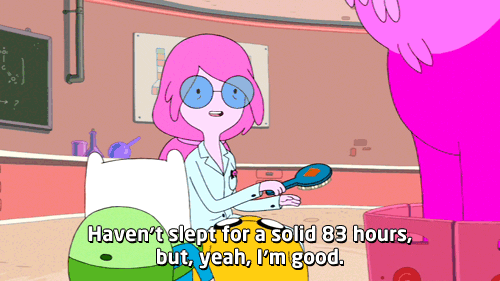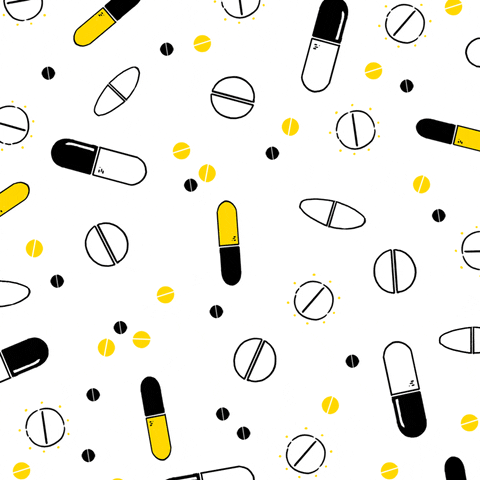
Published on Apr 02, 2020
Last modified on Mar 05, 2021
Goodbye, Insomnia. Hello, Dr. Sheets.
3 min read

GOODBYE INSOMNIA. HELLO, DR. SHEETS.
Growing up, our mother had a term for the miracle worker who showed up at night with her magical way of making everything better: Dr. Sheets, aka a good night’s sleep.
Not only is sleep integral to our emotional, physical and mental health, it’s a powerful immune strengthener – something we could all use right now.
Alas, Dr. Sheets disappears from a woman’s life just when she needs it most: fluctuating hormones during menopause disrupt most women’s sleep cycle for the worse, with roughly 60% of post-menopausal women reporting insomnia. Add the high intensity COVID-19 stress of late, it’s no wonder women across the country are lying awake in bed for hours on end (including yours truly).
Read on to understand the biology behind four important contributors to your sleep quality & actionable tips to invite Dr. Sheets back into your life.

Photo credit: Mark Chaves
Thermoregulation, i.e. body temperature
Dropping body temperature (typically 1-2 degrees) is one evening cue your body sends to your internal clock that it’s time to sleep.
- Take a quick shower or bath within one hour of bedtime to warm your body up (and eventually cool down).
- Set your bedroom temperature to ~62 degrees – the optimal temperature according to sleep scientists.
Cortisol & stress
Chronic under-sleeping raises cortisol levels (a stress-hormone), which in turn causes us to wake up more often. It’s a vicious circle of fight or flight unless we cultivate stress management tools.
- Our favorite solution? Self-pleasure! Orgasms lower cortisol and release prolactin, which in turn encourages relaxation & sleep. Yesssss…
- Body scan meditation allows us to identify where in our body we’re holding tension, and then release that tension.

Declining estrogen
With 100 estrogen receptors in our body, declining estrogen levels during menopause cause everything from the dreaded night sweats to snoring. Yes, snoring.
- While there’s no one-stop “solution” to managing estrogen levels, diet plays a big role in your physical response, including sleep. Explore Elektra expert recommended foods.
Device interference
While our devices serve as an incredible tool of connectivity & entertainment during isolation, they emit blue light which impact’s our body’s melatonin production & circadian rhythms, potentially by hours.
- Put your device away at least 30-60 minutes before bed. If you need your nightly Netflix fix, try Felix Gray light blocking glasses.
WHAT WE’RE READING
- Women on the front lines – 76% of US healthcare workers & 85% of nurses are women. Read how COVID-19 disproportionately impacts women..
- Does estrogen protect against COVID-19? – While there’s no clinical data yet, scientists look to estrogen’s role in the virus’ uneven impact.
- Disabled & menopausal…and beautiful – A powerful reminder that we are as beautiful as we allow ourselves to be.
KEEP CALM AND ELEKTRA ON…

Note: this blog post was first published on April 2, 2020 at the height of New York City’s COVID-19 pandemic. We have since updated the post by moving the following message to the end; although we are now 3+ months into the COVID-19 pandemic, however, the Elektra Team continues to thank the brave men and women who are keeping us healthy, safe and alive.
A note before we dive in. ** Thank you. ** Thank you to the men and women continuing to show up for work every day to keep our food on the table, packages on our doorsteps, public transport running, and more. You are heroes.
Special thanks to the healthcare workers who put the public’s needs above their own.
While you are serving on the frontlines, we promise to do what we can to keep our country & communities healthy while you’re fighting the good fight, starting with free remote OB/GYN care to any woman in need. [Note: Elektra retired our free remote care offering in June 2020; however, if you are in need of assistance, please reach out to hello@elektrahealth.desgsr.com and our clinical team will do what we can to assist you.]
Updated: July 9, 2020


